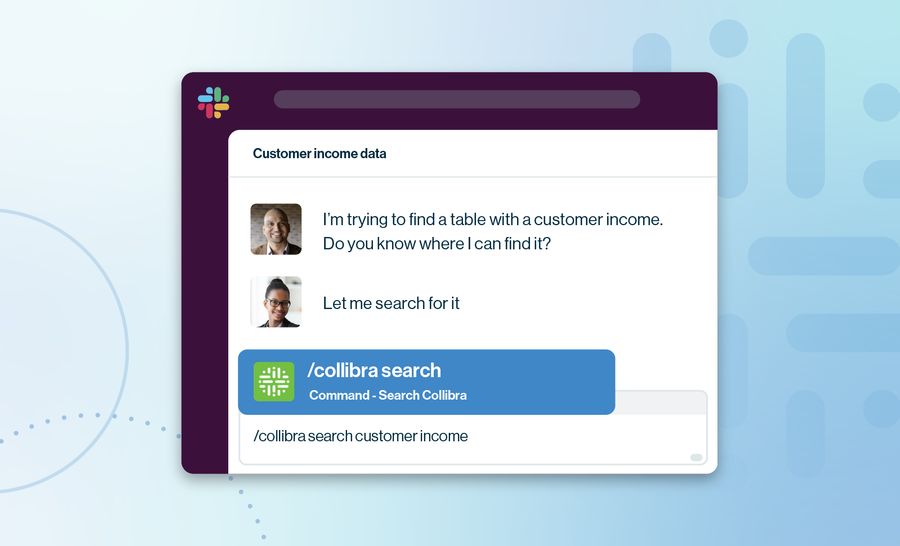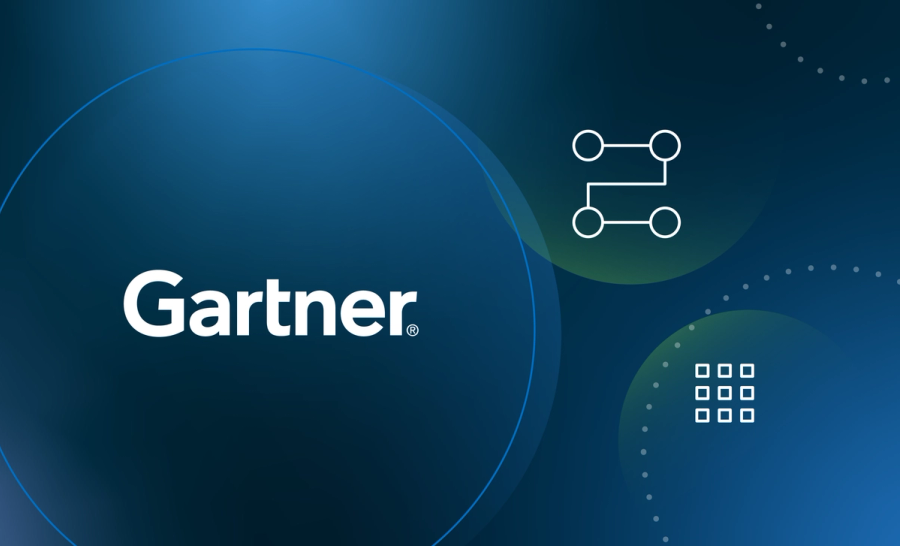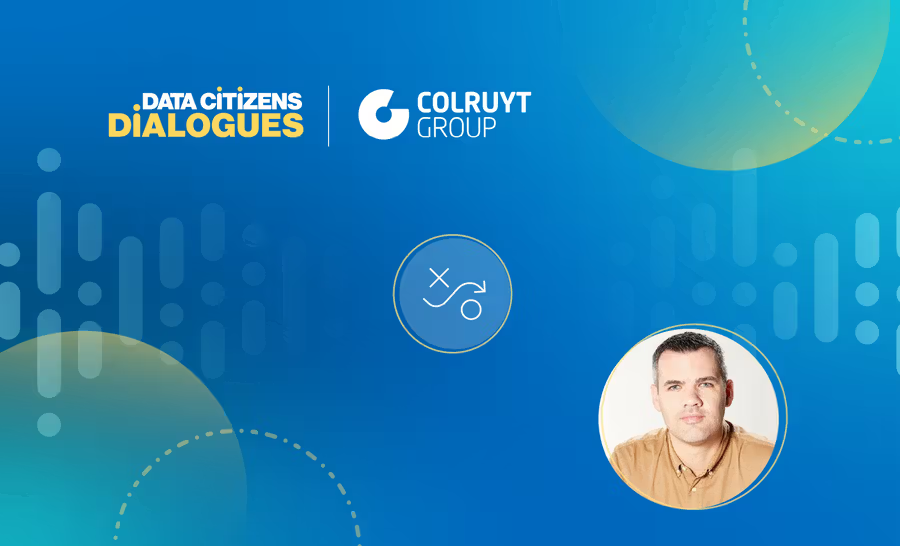Beyond the database: How MemorialCare made healthcare data work for everyone

Anthony Macaione and Craig Hunter of MemorialCare joined us on The Data Citizens Dialogues podcast. Here are the main takeaways.
***
Data is the lifeblood of modern healthcare, but many organizations struggle to harness its full potential. From ensuring operational efficiency to improving patient outcomes, trusted and accessible data is crucial. Without robust governance, however, data silos and inefficiencies can lead to delays, inaccuracies, and missed opportunities to deliver value.
MemorialCare, a healthcare system with four hospitals and over 100 ambulatory clinics along the West Coast, faced significant challenges with fragmented data systems firsthand. These inefficiencies created hurdles in decision-making, slowed processes and affected patient care quality. Leadership and staff often grappled with limited access to key insights and inconsistent reporting structures.
"Everything is focused on the patient," said Anthony Macaione, Data Governance Program Manager at MemorialCare. "So anything that we can do to use data to drive better value for our patients is a win."
This focus drove MemorialCare to modernize its data practices. Introducing a well-defined governance framework improved transparency and accessibility and unlocked opportunities for better decision-making and patient care.
Lack of transparency and accessibility
For MemorialCare's leadership, one of the biggest challenges was knowing what data existed and how to access it. Executives frequently voiced concerns about the lack of a centralized, transparent system for managing data assets.
Anthony noted, "One of the main questions we get all the time is, 'I don't know what data is available to me, and I don't know where to find it.'" This lack of visibility led to inefficiencies, delays in decision-making and duplicated efforts across departments. Widespread bottlenecks complicated daily tasks and made it harder for teams to focus on strategic initiatives.
Initially, the team attempted to address these issues by gathering data from various systems and tools and putting it into a central repository. However, the approach had its limitations.
Craig Hunter, a Solutions Analyst at MemorialCare, explained, "When we first started, we just dumped everything into it. We queried almost every reporting tool that we have. We got as much information in as possible, but it's all the IT folks doing it. So they're kind of like, 'What do I want to see?' not, 'What does the executive want to see?'"
The ripple effect of these challenges ultimately affected the organization's ability to provide timely, high-quality care. Without trusted and accessible data, clinicians often lack the insights to make informed decisions.
Anthony said, "Anything that holds us up from providing someone with quality care, where it could be more efficient or happen more quickly, is what we want to eliminate." The stakes were clear: improving data governance wasn't just about operational efficiency but also about better patient outcomes.
Building a data governance framework
Recognizing the need for a structured approach, MemorialCare began its data governance journey by assembling a cross-functional team. This included experts from analytics, IT, and business operations, ensuring the initiative was well-rounded and collaborative.
The team's diverse expertise was critical for identifying pain points, designing effective solutions, and gaining buy-in from all levels of the organization.
The selection of Collibra as their governance platform was pivotal to MemorialCare's success. Collibra's robust data cataloging and governance capabilities provided the organization with the tools to streamline data discovery, improve transparency, and ensure department accessibility.
Collibra's intuitive features allowed users to easily tag, organize, and locate data assets, creating an accessible system that met the needs of both technical and non-technical users.
Identifying specific use cases
The turning point in MemorialCare's governance initiative came when an executive voiced a specific frustration: the inability to identify and access reports relevant to their domain. This challenge became the starting point for a targeted use case. "There was a moment when my boss emailed me and said, 'We're in a meeting, and an executive just said they don't know what reports are available or where to find them,'" Anthony shared.
Recognizing the urgency, the team focused on addressing the problem, cataloging over 760 reports. Collaboration with subject matter experts narrowed the list to 54 critical assets and refined it to 24 reports tailored to the executive's specific needs.
Although this initiative started as a targeted response to one leader's concern, it quickly became a proof-of-concept for broader transformation. By resolving a singular issue, the team demonstrated the value of data governance and laid the foundation for scalable solutions across the organization. The streamlined catalog simplified access for the executive and became a replicable model for future governance initiatives.
The result was not just a catalog for one leader but a framework others could adopt and adapt to their needs. This success turned the executive into an advocate for the program, showcasing its potential and driving broader interest in governance initiatives.
This pivotal project underscored the importance of designing sustainable and valuable systems for all. MemorialCare's approach demonstrated that solving immediate challenges could lead to long-term benefits, such as enhanced trust in data, streamlined operations, and ultimately better patient care—a testament to the power of accessible, governed data.
Engaging stakeholders
MemorialCare focused on aligning leadership and frontline teams to ensure the program's success. Engaging stakeholders at all levels was vital for achieving buy-in and maintaining program relevance.
The team actively sought feedback by embedding themselves in project groups and analyzing help desk tickets to uncover recurring data challenges. They also partnered with leadership to identify areas of opportunity, ensuring the governance framework addressed the most pressing needs. This collaborative approach built trust and enthusiasm across the organization.
Transforming decision-making with data
One of the most immediate outcomes of MemorialCare's data governance initiative, powered by Collibra, was the dramatic improvement in efficiency and accessibility. Collibra centralized previously scattered data across various systems, making it easily searchable. A standout feature was the ability for executives to launch reports with a single click directly from the catalog.
Craig Hunter, Solutions Analyst at MemorialCare, highlighted the significance of this transformation: "Instead of the executive now having to navigate different tools and find a report, she can launch it directly from the catalog in one click. Having the URL attached as metadata allows her to live in Collibra and not worry about learning all these other tools."
Collibra's usage increased almost immediately, with stakeholders recognizing its potential to save time and simplify workflows.
The impact of trusted, accessible data went beyond operational efficiency and directly influenced patient care quality. Collibra helped ensure patients received timely and effective treatments by enabling faster, more informed clinical decisions.
Having reliable data also empowered clinicians and staff to address specific patient needs based on historical insights and analytics. This improvement in decision-making capabilities reinforced MemorialCare's commitment to enhancing community health and well-being.
As the success of Collibra within MemorialCare's governance initiative became evident, interest and participation in the program surged. An executive who championed the initiative demonstrated Collibra's transformative impact during peer meetings, showing how it streamlined her workflows.
This momentum created a ripple effect, fostering broader engagement with the data governance program. As a result, new use cases emerged, further driving adoption and refining MemorialCare's data practices.
What other organizations can learn
MemorialCare's transformation demonstrates how a well-executed data governance program can revolutionize decision-making, operational efficiency, and patient care.
From targeted use cases to securing executive sponsorship and embracing governance as a continuous journey, its experience provides a practical roadmap for other organizations.
Are you ready to unlock the potential of your data? Explore how the Collibra Platform can help you centralize, govern and leverage your data for transformative outcomes.
***
This article draws insights from the MemorialCare episode of The Data Citizens® Dialogues, where Collibra engages with customers, partners and industry leaders to explore key topics like AI governance, data sharing and ensuring data reliability.
Related articles

Data GovernanceJuly 28, 2025
Your new shortcut to trusted data: Collibra’s two-way Slack Integration

Data GovernanceJanuary 16, 2026
Collibra recognized as a Leader for the second consecutive year in the Gartner® Magic Quadrant™ for Data and Analytics Governance Platforms

Data GovernanceAugust 12, 2025
Beyond buzzwords: Unpacking Data Confidence as AI’s foundational truth

Data GovernanceMay 12, 2025
The ultimate guide to building a data-driven organization: 5 pillars for success
Keep up with the latest from Collibra
I would like to get updates about the latest Collibra content, events and more.
Thanks for signing up
You'll begin receiving educational materials and invitations to network with our community soon.
